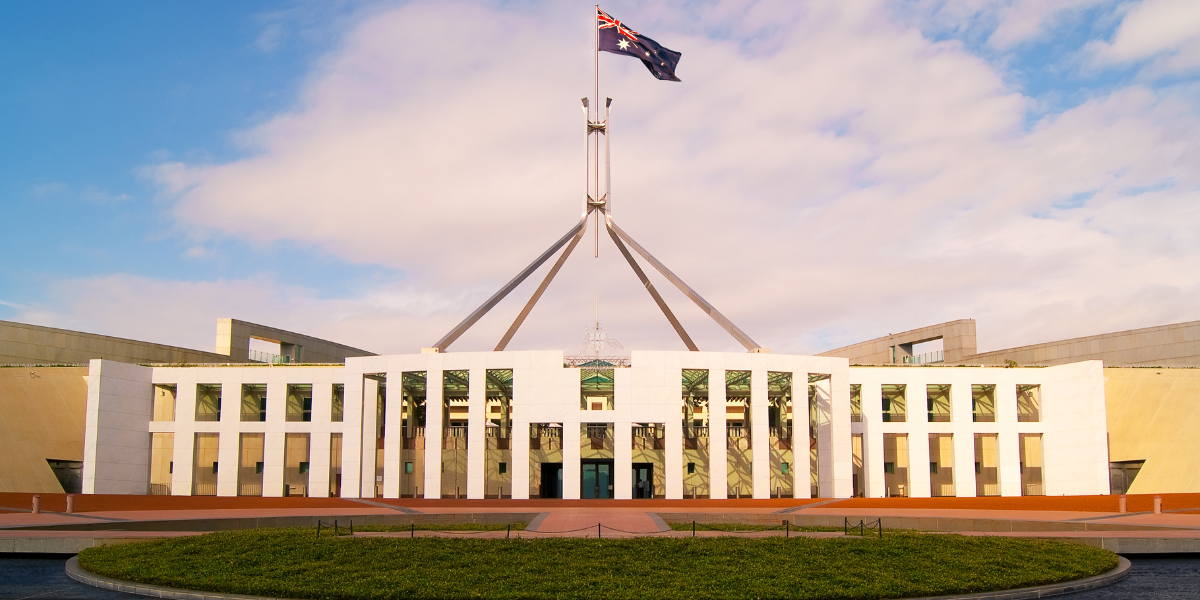The Australian Taxation Office (ATO) has released guidance on the new debt deduction creation rules, explaining how the rules apply to private businesses and privately owned groups in relation to the Division 7A loan rules.
The new rules came into effect from 1 July 2024.
About the debt deduction creation rules
The debt deduction creation rules (DDCR) are contained in Subdivision 820-EAA of the Income Tax Assessment Act 1997 (ITAA 1997).
The rules were enacted as part of the government’s changes to strengthen the thin capitalisation rules.
For income years that commence on or after 1 July 2024, the DDCR operates to disallow related party debt deductions for certain related party arrangements.
The DDCR applies to multinational businesses (that is, businesses operating in Australia and at least one other jurisdiction), including private businesses and privately owned groups.
What privately owned groups need to know
DDCR applies to multinational businesses
The DDCR may disallow debt deductions of:
- General class investors;
- Inward and outward investing financial entities.
Exemptions from the DDCR
The DDCR does not apply to:
- Entities that, together with their associate entities, have AUD 2 million or less of debt deductions for an income year;
- Authorised deposit-taking institutions (ADIs);
- Securitisation vehicles;
- Certain special purpose entities.
90% assets threshold exemption does not exempt an entity from the DDCR
While the DDCR was enacted with the amendments to thin capitalisation rules, certain exemptions from thin capitalisation rules do not apply to the DDCR.
For privately owned groups, the 90% Australian assets threshold exemption test (also known as the assets threshold test) does not apply to exempt an entity from the DDCR.
The DDCR can apply to any domestically owned private group that either:
- Carries on business in a foreign country at or through a permanent establishment;
- Has a controlling interest in any offshore entity (no matter the size or turnover of that offshore entity).
The DDCR applies to domestic transactions
The DDCR disallows debt deductions for certain related party arrangements. As the DDCR focuses on the creation of debt deductions, it does not matter whether the arrangement involves resident or non-resident entities.
This means that onshore and cross-border related party arrangements can trigger the DDCR.
Privately owned groups should closely consider whether their arrangements, including wholly domestic arrangements, may be affected by the DDCR.
The DDCR applies to debt deductions created by historical transactions
The DDCR disallows debt deductions arising in relation to certain related party arrangements, including arrangements undertaken (entirely or partially) prior to 1 July 2024.
For example, the DDCR will apply to interest arising under a related party loan that is still on foot (or has been refinanced) where the related party loan funded a historical transaction caught by the DDCR.
Privately owned groups should closely examine their existing related party borrowings to consider whether they may have funded a historical transaction which is caught by the DDCR.
The DDCR and Division 7A complying loans
Complying Division 7A loans are not excluded from the operation of the DDCR.
Where the conditions of the DDCR are met, they will operate to disallow a deduction for interest paid or payable under a complying Division 7A loan where that loan has been used to acquire or fund a relevant related party arrangement.
Even if a loan is compliant with Division 7A, it does not exempt the entity from the operation of the DDCR.
Privately owned groups should consider whether the DDCR operates to disallow debt deductions for their related party debt arrangements.
More about the debt deduction creation rules
The DDCR operates to disallow debt deductions arising on certain related party arrangements.
The DDCR applies to 2 types of arrangement.
Type 1: Acquisition case
The DDCR may disallow debt deductions where an entity acquires a capital gains tax (CGT) asset or a legal or equitable obligation from an associate pair. An entity is an associate pair of another entity if the entity is an associate of the other entity or the other entity is an associate of the entity.
This applies to all such acquisitions except:
- New membership interests in an Australian entity or foreign company;
- New depreciating tangible assets to be used by the acquirer for a taxable purpose in Australia within 12 months that have not previously been installed or used by the acquirer, an associate pair or the disposer for a taxable purpose;
- New debt interests issued to the acquirer by an associate pair.
Debt deductions that are paid or payable (directly or indirectly) to a related party are disallowed to the extent that they’re for the acquisition (or holding) of the CGT asset or legal or equitable obligation.
Type 2: Payment or distribution case
The DDCR may disallow debt deductions where an entity uses a financial arrangement to fund, or facilitate the funding of, prescribed payments or distributions to an associate pair.
Prescribed payments and distributions include:
- Dividends, distributions or non-share distributions;
- Distributions by a trustee or partnership;
- Returns of capital, including returns of capital made by a distribution or payment made by a trustee or partnership;
- Cancellations or redemptions of a membership interest;
- Royalties (or similar payments or distributions for the use of, or right to use, an asset);
- Refinancing a debt interest that originally funded a prescribed payment;
- Payments or distributions of a similar kind to any of the above;
- Payment prescribed in regulations (no regulations currently exist).
Debt deductions that are paid or payable (directly or indirectly) to a related party for the financial arrangement are disallowed to the same extent that the financial arrangement was used to fund or facilitate the funding of, one or more prescribed payments or distributions.
DDCR applies from 1 July 2024
The DDCR applies to assessments for income years that commence on or after 1 July 2024.
The DDCR applies in relation to:
- Arrangements entered into before 1 July 2024 where debt deductions continue to arise from the historical arrangements;
- New arrangements entered into on or after 1 July 2024.













